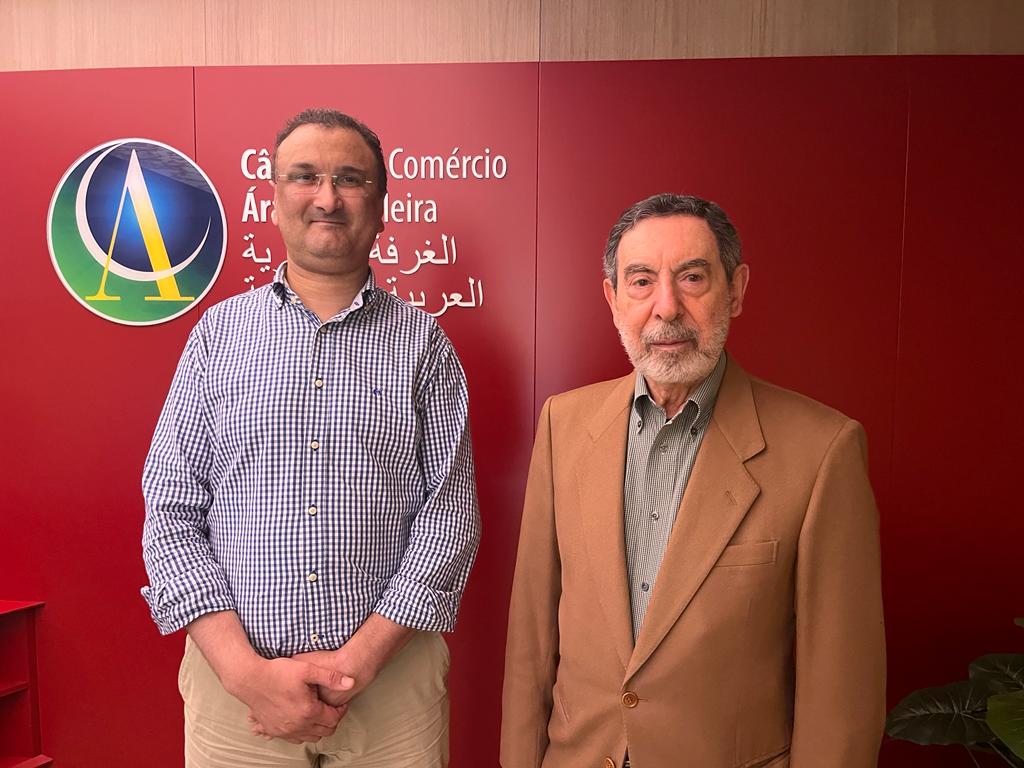São Paulo – Professor Mohammed Nadir, PhD, coordinates the Laboratory of Arab Studies at the International Relations department of the Federal University of ABC (UFABC) in the Greater São Paulo. The Rabat-born scholar studied History in his home country, and then he earned his master’s and PhD in Coimbra, Portugal, and he speaks Portuguese.
He first came to Brazil back in 2015 to pursue postdoctoral studies in Law at the Federal University of Santa Maria (UFSM), Rio Grande do Sul. In 2020 he joined UFABC as a visiting professor of International Relations and the Middle East, and he has taught there since 2021 at the International Relations course.
The laboratory has some 20 International Relations students that are producing their undergraduate research, and it coordinates research on the Arab world, both in the Middle East and North Africa.
“I’ve had students presenting papers on soft power in Qatar and the United Arab Emirates, diplomacy in Kuwait, the Vision 2030 project in Saudi Arabia, the conflict in Palestine, the Arab Spring in Algeria,” he said. These are some of the subjects studied in the laboratory, which addresses political, economic and diplomatic topics.
“We want to make a book by the end of the year to gather these papers and showcase what has been produced in the Laboratory of Arab Studies,” said the professor. The laboratory meetings take place every other week. “In each meeting we discuss a topic based on a book or paper,” he said.
He visited the Arab Brazilian Chamber of Commerce (ABCC) earlier this week and invited its president, ambassador Osmar Chohfi, to speak at a seminar on the Middle East and the new Geopolitics, which is slanted to take place next November. Pictured, Nadir (L) and Chohfi (R).
The professor is a also member of the Observatory of Foreign Policy and International Insertion of Brazil (OPEB), another study group at UFABC, in the International Relations course.
Nadir said he plans to stay in Brazil. “It’s a growing country, a country of the future, with a very active and rich academic life. It has always been a welcoming country for me and all ethnic groups from across the world. São Paulo is the embodiment of that, as it has a thriving Arab community. Brazil is very similar to Morocco. The [Latin American] country has a very active, skilled diplomacy, and all of this shows these major possibilities,” he said.
Translated by Guilherme Miranda




